Niti Manjari (निति मञ्जरी)
₹255.00
| Author | Sitaram Jayram Joshi |
| Publisher | Chaukhambha Sanskrit Series Office |
| Language | English & Sanskrit |
| Edition | - |
| ISBN | 81-7080-007-2 |
| Pages | 358 |
| Cover | Paper Back |
| Size | 14 x 4 x 22 (l x w x h) |
| Weight | |
| Item Code | CSSO0729 |
| Other | Dispatched in 1-3 days |
10 in stock (can be backordered)
CompareDescription
निति मञ्जरी (Niti Manjari) After the detailed and exhaustive Introduction which the Editor has prefixed to the Sanskrit Text of the Niti Maijart it is hardly necessary to write a Foreward, and yet it must be written, if for nothing else, at least for expressing my delight at the thoroughness with which the Editor, Pandit Sitaram Joshi M. A., has done his labour of love. All the quotations and references which occur in the body of the Text have been carefully traced to their sources, and all questions relating to the author and the value of his work have been fully disenssed.
I will only add a few words on one or two aspects of the work which have particularly struck me. It is interesting to note that the author belongs to an age which is not remarkable as a period of Renaissance of Vedic learning, or even as that of Sanskrit learning in any of its other branches. And yet the author has made this valuable contribution to literature not only as an erudite Vedic scholar, but as one who knows how to utilize the Vedic legends of hoary antiquity for teaching every-day morality in our life. Neither the early Vedic Rşis nor any of the great thinkers of the Upanisadic age were didactic writers. Even the Mahabharata and the Rämäyaņa, like all other master- pieces of the world’s greatest poets, are not intended to serve as mere hand-books of moral teaching. The Buddhist Jätakas are the first attempt in this direction, followed later by the well-known Pañcatantra and Hitopadeśa. But to none of the writers of these and similar works it occurred to draw upon the Veda for the purpose of composing a book of moral tales, The credit for doing this belongs to Dya Dviveda, the author of the Niti-Mañjarī.






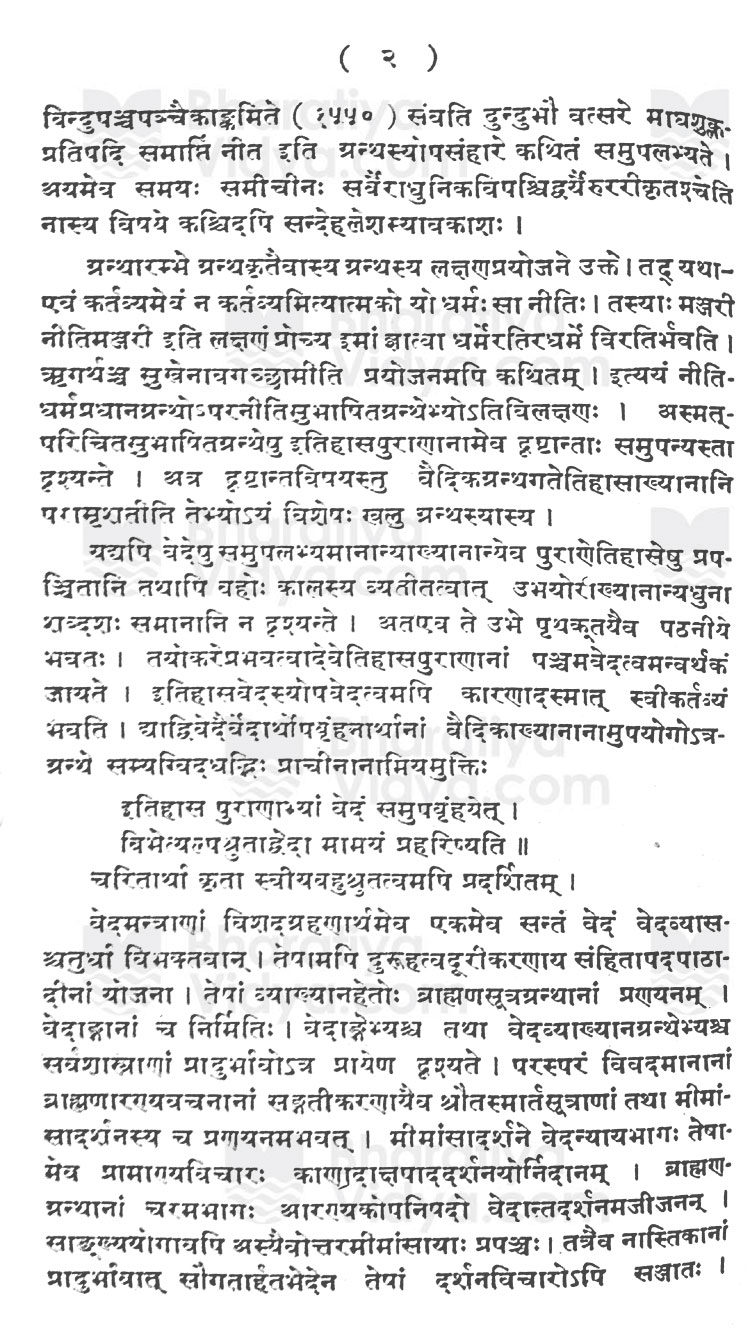
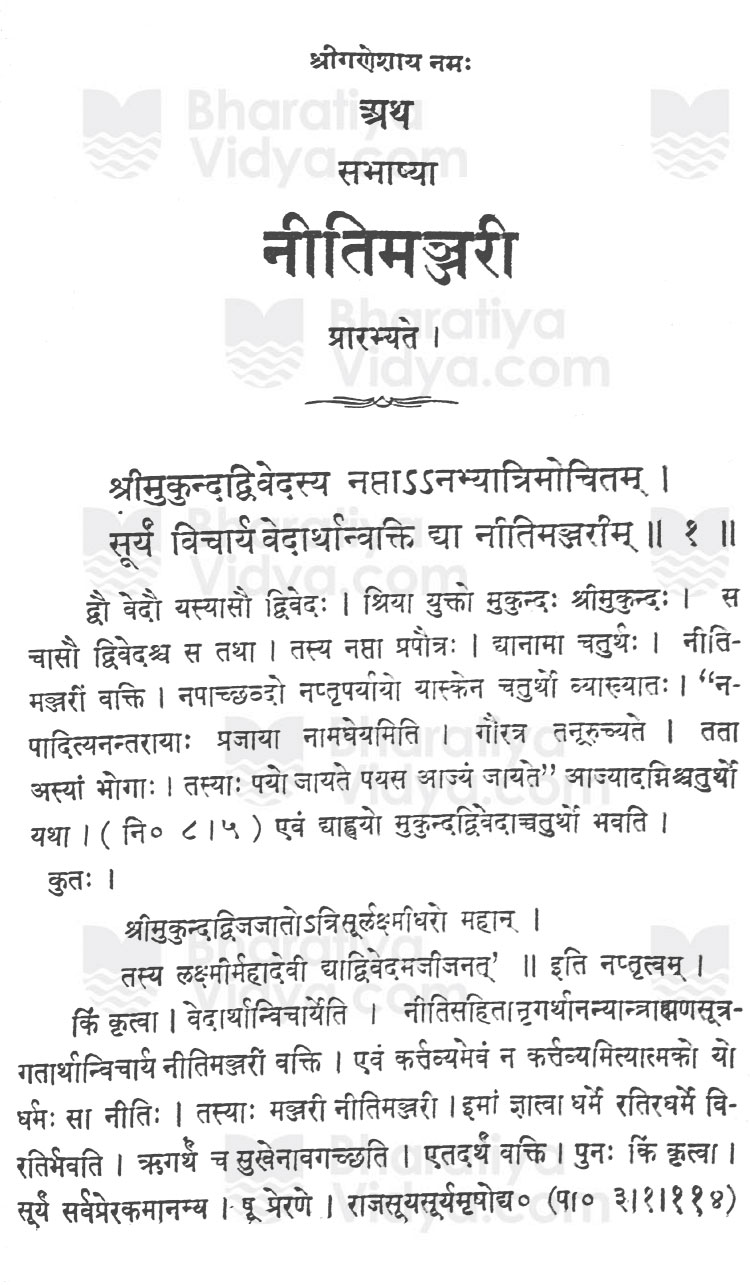


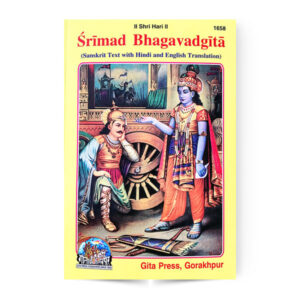
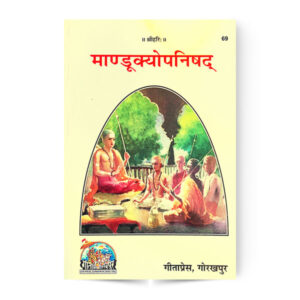
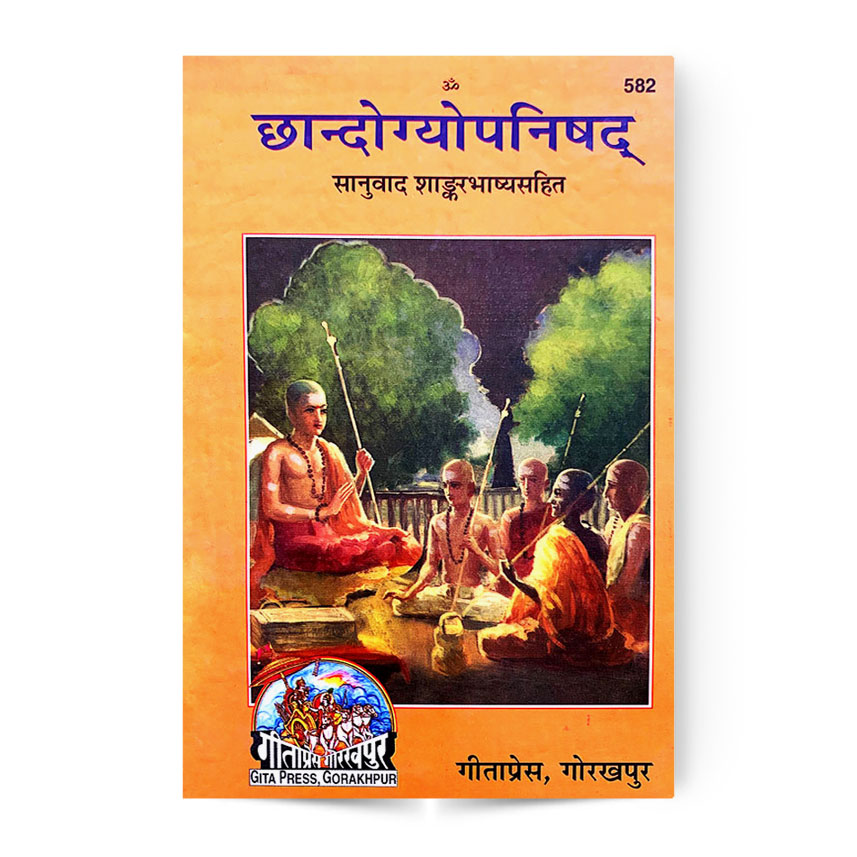
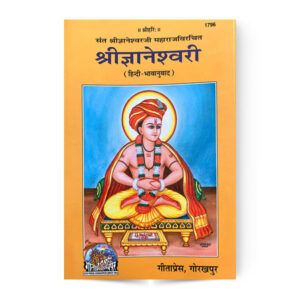
Reviews
There are no reviews yet.